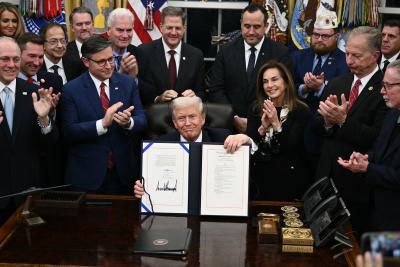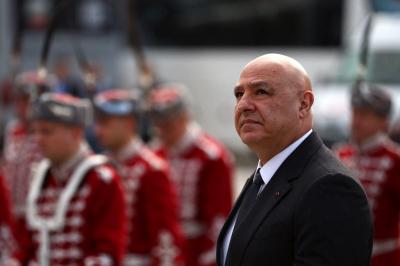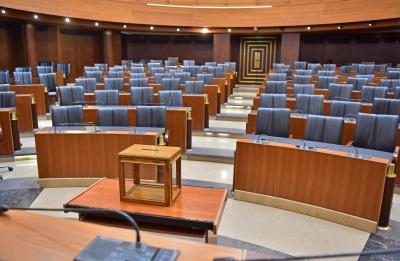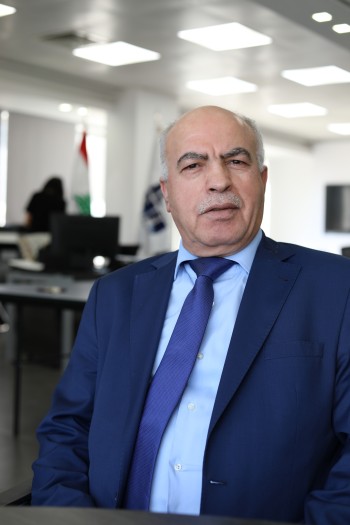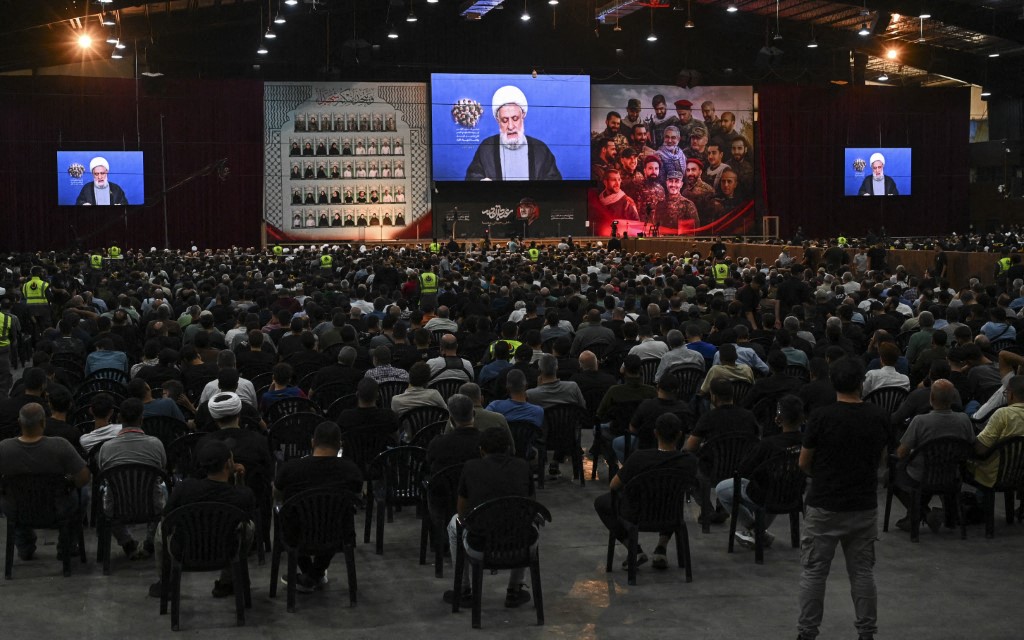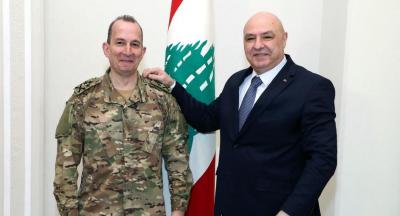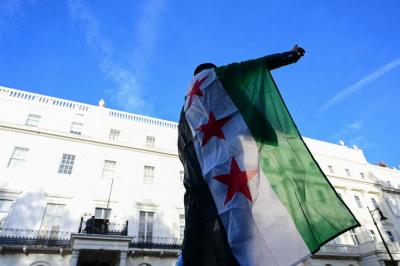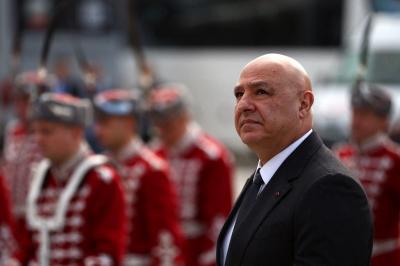The dialogue initiative launched by "Hezbollah"’s Deputy Secretary-General, Sheikh Naim Qassem, toward Saudi Arabia came as a surprise to many both inside and outside Lebanon. It called for opening a new page between the two sides, based on addressing disputes, securing common interests, and recognizing Israel as the shared threat. For some, it reflected an unusual flexibility on "Hezbollah"’s part—possibly the result of mounting domestic and external pressures.
Qassem framed his initiative within a warning against Israel’s expansionist project, which he said threatens all countries in the region. According to him, the project has become boundless, especially after the recent strike on Qatar, which demands unified positions and action.
Waiting for Riyadh’s Response
So far, Saudi Arabia has issued no official response to "Hezbollah"’s overture. Saudi officials are often known to say “wait for the statement” when pressed for a position on initiatives or contentious issues. What has emerged are leaks suggesting Riyadh’s stance: “Any dialogue must be state-to-state,” with a refusal to engage "Hezbollah" as an entity separate from the Lebanese state—particularly since Saudi Arabia and its Gulf Cooperation Council partners classify the group as a terrorist organization.
Notably, Saudi envoy Prince Yazid bin Farhan arrived in Beirut just hours after "Hezbollah"’s announcement. Reports indicate he touched on the initiative during meetings with Lebanese leaders, including the president and prime minister, as well as a phone call with Parliament Speaker Nabih Berri, who was in an extended meeting with his political aide, MP Ali Hassan Khalil, at the Saudi ambassador’s residence in Yarze. Berri later met bin Farhan in person, and it is widely expected that he will soon visit Riyadh in response to a long-standing official invitation.
Some observers argue that Israel’s recent strike on Qatar jolted Gulf capitals and further narrowed the gap between Saudi Arabia and Iran, potentially paving the way for indirect dialogue with "Hezbollah". On the sidelines of the recent Arab-Islamic summit in Doha, Iranian President Ebrahim Raisi met Saudi Crown Prince Mohammed bin Salman. Two days later, bin Salman hosted Iran’s Supreme National Security Council Secretary Ali Larijani in Riyadh, following his visits to Iraq and Lebanon.
Where Does Iran Stand?
While "Hezbollah" insists its initiative toward Riyadh is independent of Iran’s maneuvers, many link the two. Months ago, Tehran encouraged "Hezbollah" to open up to Saudi Arabia. At the time, "Hezbollah" reportedly tested the waters but found little receptivity. Still, efforts to normalize Saudi-Shiite relations never stopped, with Saudi Arabia showing particular appreciation for the stances of Speaker Berri.
Against this backdrop, Berri is expected to play a central role in any channel of dialogue between "Hezbollah" and Riyadh. Yet "Hezbollah"’s opponents warn that its insistence on keeping arms outside state control remains the main obstacle, since Saudi Arabia insists on a unified, strong Lebanon under the authority of its central government. Deep divisions over regional conflicts—particularly Yemen and Syria—compound the difficulties.
Three Scenarios
Analysts outline three possible trajectories for direct or indirect Saudi-"Hezbollah" talks:
- Continued deadlock: If "Hezbollah" refuses to disarm, Saudi Arabia will decline dialogue, leaving relations frozen under ongoing Gulf and international pressure.
- Iran-Saudi momentum: If the Saudi-Iranian agreement advances toward regional breakthroughs, Riyadh may consider indirect talks—or mediation—focused on specific issues such as Gulf security and Lebanon’s stability.
- Intermittent contacts: The near future may bring sporadic or discreet exchanges between Riyadh and "Hezbollah" through Berri, leveraging his historically strong ties with the kingdom.
Saudi Arabia’s Interests
Should Riyadh see value in dialogue with "Hezbollah", several factors would guide it:
- Netanyahu’s “Greater Israel” map, which controversially includes parts of northern Saudi Arabia, creates a direct security incentive for Riyadh to engage with resistance groups, including "Hezbollah", to face this shared threat.
- Israel’s recent strike on Qatar sent a stark warning to Gulf states—including Saudi Arabia—that none are beyond the reach of Israeli expansionism, strengthening the case for regional alliances.
- Saudi Arabia’s commitment to the two-state solution, envisioning a Palestinian state with East Jerusalem as its capital, is undermined by Netanyahu’s expansionist project.
Yet, any Saudi opening toward "Hezbollah" must contend with U.S. policy. Washington continues to classify "Hezbollah" as a terrorist organization and pressures the Lebanese government to disarm it—a stance mirrored by Saudi Arabia and most Gulf states.
Still, Israel’s strike on Qatar and Netanyahu’s “Greater Israel” map encompassing Saudi territory have sharpened Riyadh’s sense of existential threat, prompting a possible reassessment of alliances. Nonetheless, Saudi Arabia is likely to cling to its condition for any dialogue: "Hezbollah" must surrender its weapons to the Lebanese state.
For "Hezbollah", however, the heavy losses sustained in its recent war with Israel—including its setbacks in Syria—have increased its need for regional rapprochement. That could drive the group toward concessions Saudi Arabia might accept, and that Washington may tolerate as part of a new regional security framework.
Dialogue by Proxy
Ultimately, Riyadh may opt for indirect dialogue with "Hezbollah" through Speaker Nabih Berri. The formula would then be: the initiative belongs to "Hezbollah", but the dialogue belongs to Berri. His longstanding credibility with both sides and his role as a mediator in complex Lebanese politics position him to facilitate what he has always advocated: Saudi-Iranian rapprochement as a gateway to regional stability—and to Lebanon’s own fragile equilibrium.
Please post your comments on:
[email protected]
 Politics
Politics


